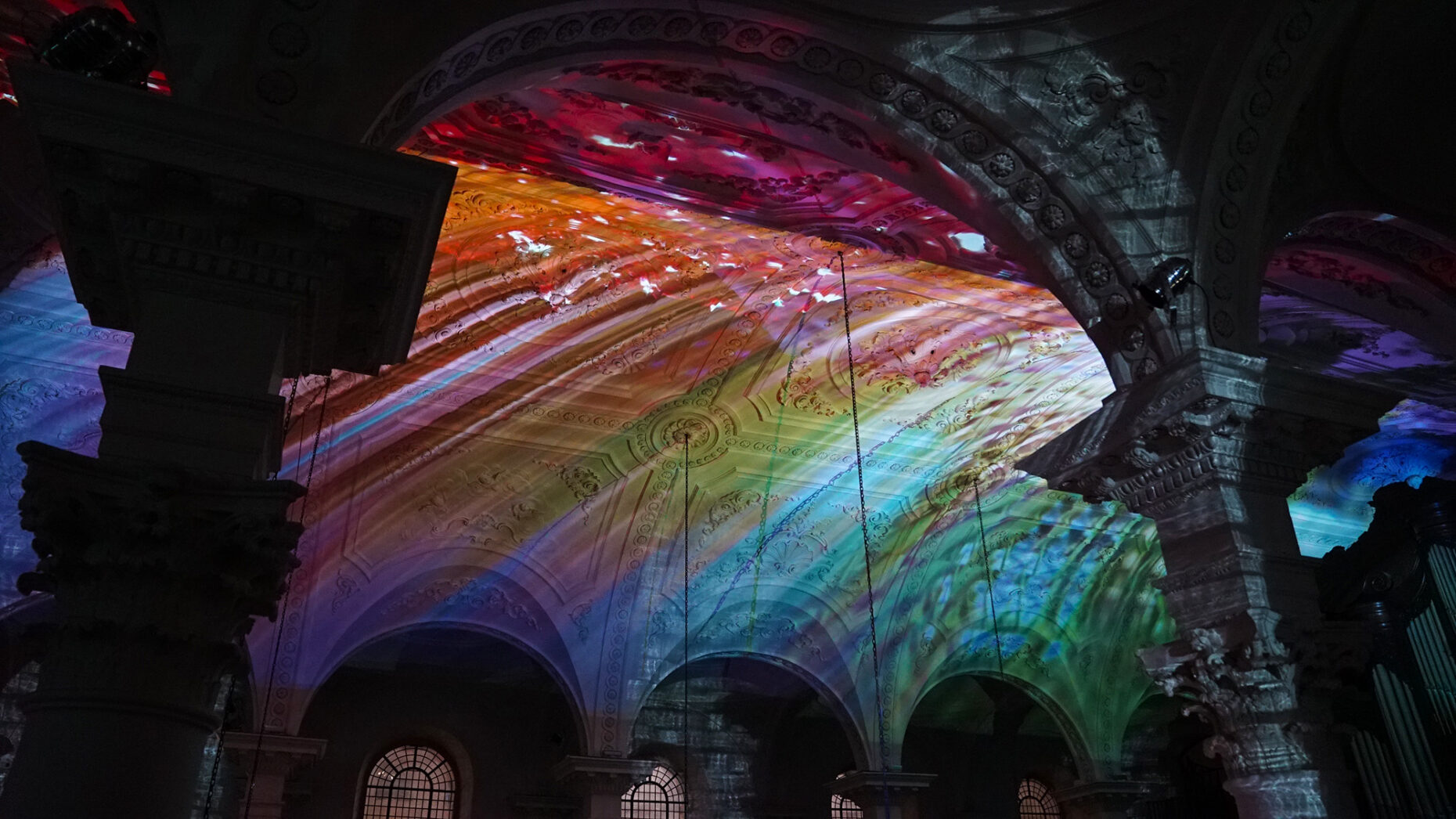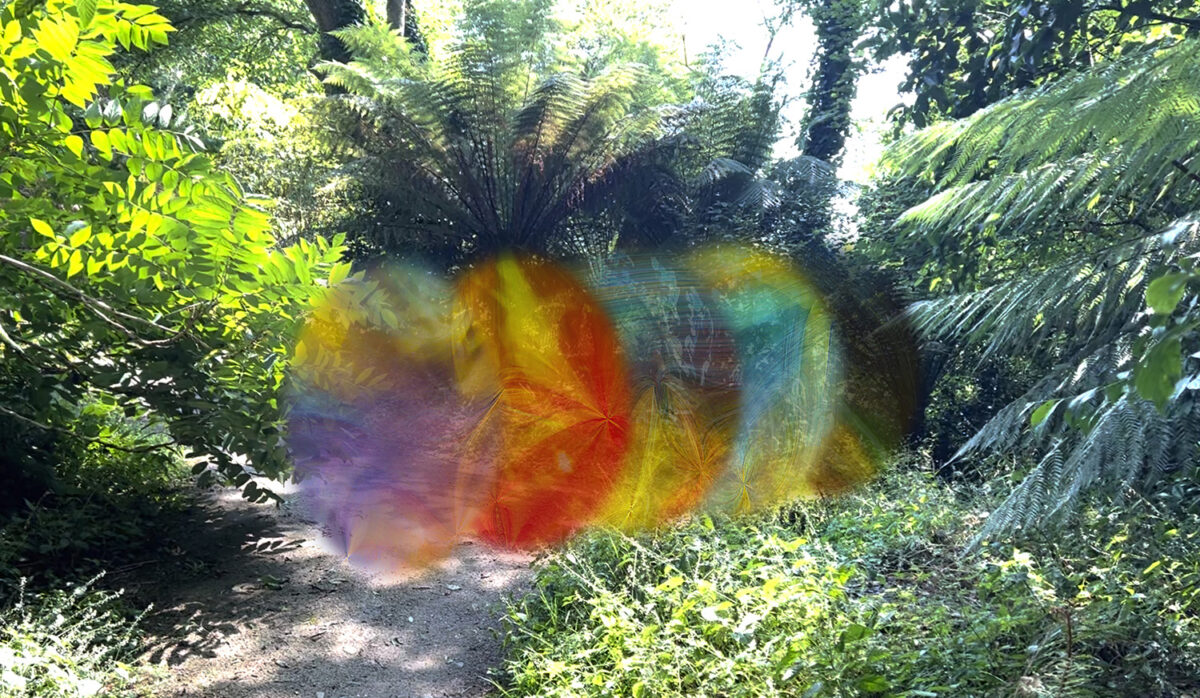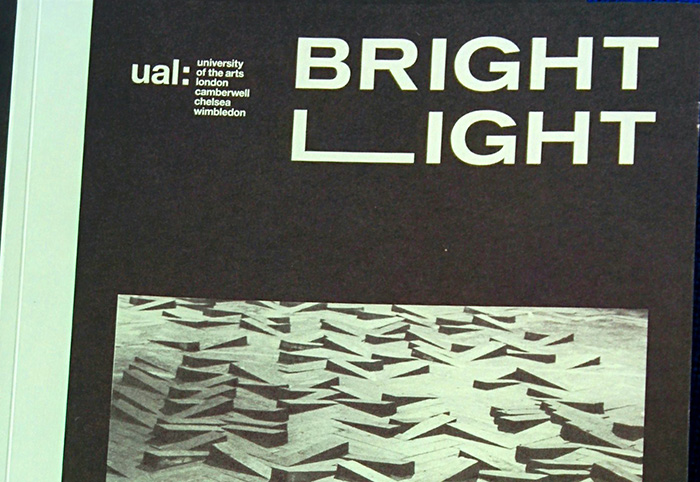Word written for an exhibition in St Martin-in-the-Fields church, Trafalgar Square, London
As part of the church’s weekly Bread for the World, Wednesday evening communion service, I talked about this installation:
Faced with a climate crisis, let’s be honest, we know what the problems are, we know the damage we have caused and continue to cause to this planet. It is so obvious, so bad and so huge in scale that the temptation to simply ignore it all is powerful. Also, the option to give up appears to be actively encouraged by some with distraction tactics and a cynical green washing. Even if we do attempt to critically engage and try to discover what is really going on behind the scenes, we can end up even more depressed and the circle only spirals downwards into further inactivity.
I was with my 12 year old niece the other day and the general discussion got onto environmental challenges — with just a hint of desperation she quietly said, ‘please, I don’t want to talk about this it makes me so sad’.
This wasn’t an attempt to ignore the issue, it was an honest and heart felt desire for hope. She is an incredibly smart and sensitive person, with a beautiful heart designed like all our hearts are, designed for hope, designed to believe there is something beyond the doom and gloom. She is painfully aware of the challenges and the crisis that we as adults have created for her and her generation.
So instead we talked about a remarkable farmer in Northamptonshire who is farming in a carbon negative way, not just carbon neutral but negative! I was then reading about a designer who has created an incredibly simple and sustainable water heating system. There are so many exciting and hopeful ideas out there.
Right now, in this amazing place of Christian worship, I want to suggest a source of hope that is deep and rich. Whatever your position on faith there may be something in this ancient wisdom that might resonate for us today.
Too often faith traditions have appeared to be removed from this world, disconnected from the actual planet and some even suggest that, as this is a temporary place, it really doesn’t matter what we do to it. Specifically Christian understanding sometimes suggest we will one day ‘escape’ this earth to go to ‘heaven’ with lots of strange ideas of what that might be, but I want to suggest that this is not the hope of the biblical tradition, instead that hope is about seeing the earth transformed into the full beauty and balance it was always intended to be. Many people who pray will have used the words of what is known as the Lord’s Prayer, specifically ‘may your will be done on earth as in heaven’, another way of putting this is, may God’s loving rule come on earth, a restoring, redeeming, recovering, renewing power, come on earth as in heaven. No hint of an escape or destruction.
In the Christian tradition the original job given to human beings is to take care of the earth and the animals, to bring God’s loving, caring rule here on earth. Maybe the Christian God looks a bit strange in asking human beings to do this but nevertheless that is the message.
Then we come to what inspired this art installation. I was reading the words of the ancient prophet known as Isaiah. These writings date back two and a half thousand years. Words written in the midst of chaos and exile. Having been conquered the Hebrews were living in exile removed and disconnected from their land. This echoes with our sense of disconnection, an exile from the land, the seas and the sky around us. Two and a half thousand years ago it was a sense of doom and gloom with little sign of hope. The background image in the words that Isaiah writes is of a barren landscape in desperate need; and an image of people, parched with thirst seeking water. Imagine walking through hot barren desert, our greatest need would be trees for shade and water to drink, that would be a real vision of hope.
So these images, here in this building, they start at the back with grey barrenness, a greyness overwhelming any colour but from this barrenness emerges colour. And this colour was always there, nothing has been added instead the colours have been ‘found’ or ‘uncovered’ in the images.
These ancient words of Isaiah paint a remarkable image of God saying firstly:
I will open rivers on the mountains, usually rivers flow at the base of mountains – but not in the vision, here they form on the heights — one word for this is innovation
The ancient words continue,
I will open fountains in the valleys, again not just streams and rivers that normally flow in the valleys but fountains of water — one word for this is multiplication
The writer goes on,
I will make the wilderness a pool of water,
and the dry land springs of water
The barren, dry, lifeless land will experience pools and springs of life-giving water — one word for this is transformation
innovation – multiplication – transformation
And if that is not enough, it goes on, with God saying,
I will plant in the wilderness trees
cedar, acacia, myrtle, olive, cypress, plane and pine
a strange, wonderful diversity of trees, providing shade and life.
So these images hanging in this building, start as strange photographs of trees and colours are found in the images. The projections are of moving water layered onto the space, onto the ancient wood and stones of this building and the also onto us, onto our hands and bodies. We become part of the work, surfaces on which this hopeful vision plays out.
So, yes the crisis is real and terrible, and yet there is hope but not a fantasy hope, instead a hope that involves us, engages us in seeing a way forward to a renewed earth, a place where the whole of the planet can flourish and thrive.
I will open rivers on the mountains
I will open fountains in the valleys,
I will make the wilderness a pool of water,
and the dry land springs of water
and I will plant in the wilderness trees
(The Bible, Isaiah chapter 41 verse 18-19)


